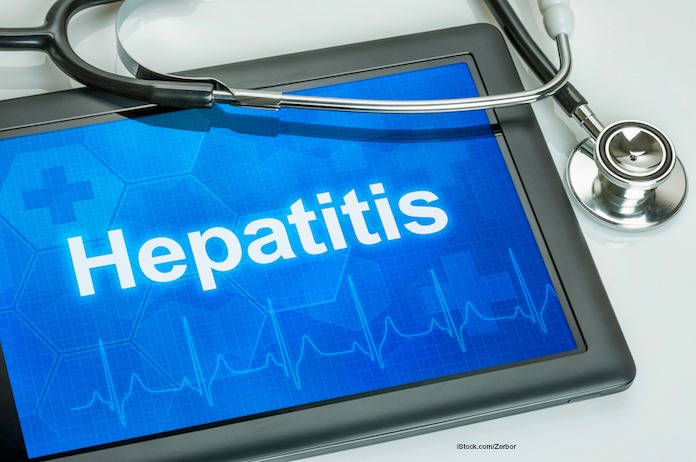A food service worker at O’Charley’s restaurant at 70 RHL Boulevard in Charleston, West Virginia has been diagnosed with hepatitis A, according to the Kanawha-Charleston Health Department. This is the third investigation involving a food facility since the hepatitis A outbreak began in that state in February 2018.

The employee stopped working after the diagnosis, but did work during the time period of April 27 through May 11, 2018. With this illness, people are infectious for two weeks before they even begin displaying symptoms. As a precaution, coworkers at the restaurant have received hepatitis A shots.
Inspectors were on site at the establishment and observed food handling procedures. The department of environmental health services did not identify any unsafe food handling practices. Still, they are recommending that consumers who ate food or drink beverages at that restaurant during the above time period get a hepatitis A or immune globulin vaccination if they have not already been vaccinated.
Those shots are only good for two weeks after exposure. That means that anyone who is at risk visited the restaurant before May 2, 2018, it’s too late for a shot. All those people can do is monitor their health for the symptoms of this illness.
Hepatitis A symptoms include abdominal pain, dark urine, clay-colored stools, fatigue and lethargy, fever, loss of appetite, nausea, vomiting, and jaundice, which is yellowing of the skin and eyes. These symptoms usually appear within 15 to 50 days after exposure to the pathogenic virus.
West Virginia is part of a multistate hepatitis A outbreak as identified by the Centers for Disease Control and Prevention (CDC). To help stop the spread of this virus, getting vaccinated is a good step. It’s also important that anyone who works with the public, including food service workers, health care workers, and school employees, get vaccinated. And follow good hygiene practices. Wash your hands well with soap and water after going to the bathroom, taking care of someone who is sick, or changing diapers. Don’t go to work or school and don’t prepare food or drink for others if you are sick, especially with a diarrheal illness.





I believe Hepatitis A is treatable than B. That is why a yearly or twice a year medical should be required for employees who worked in the food industry to avoid cases such as this.